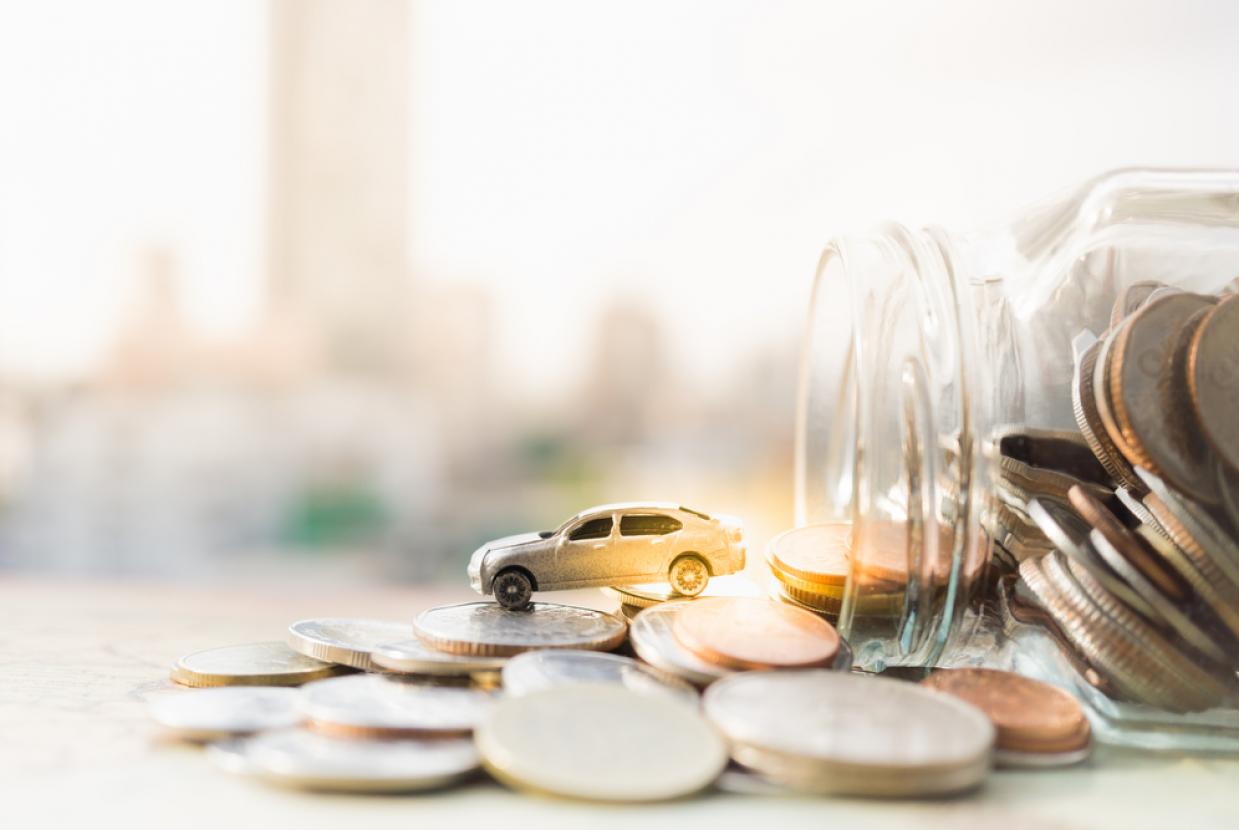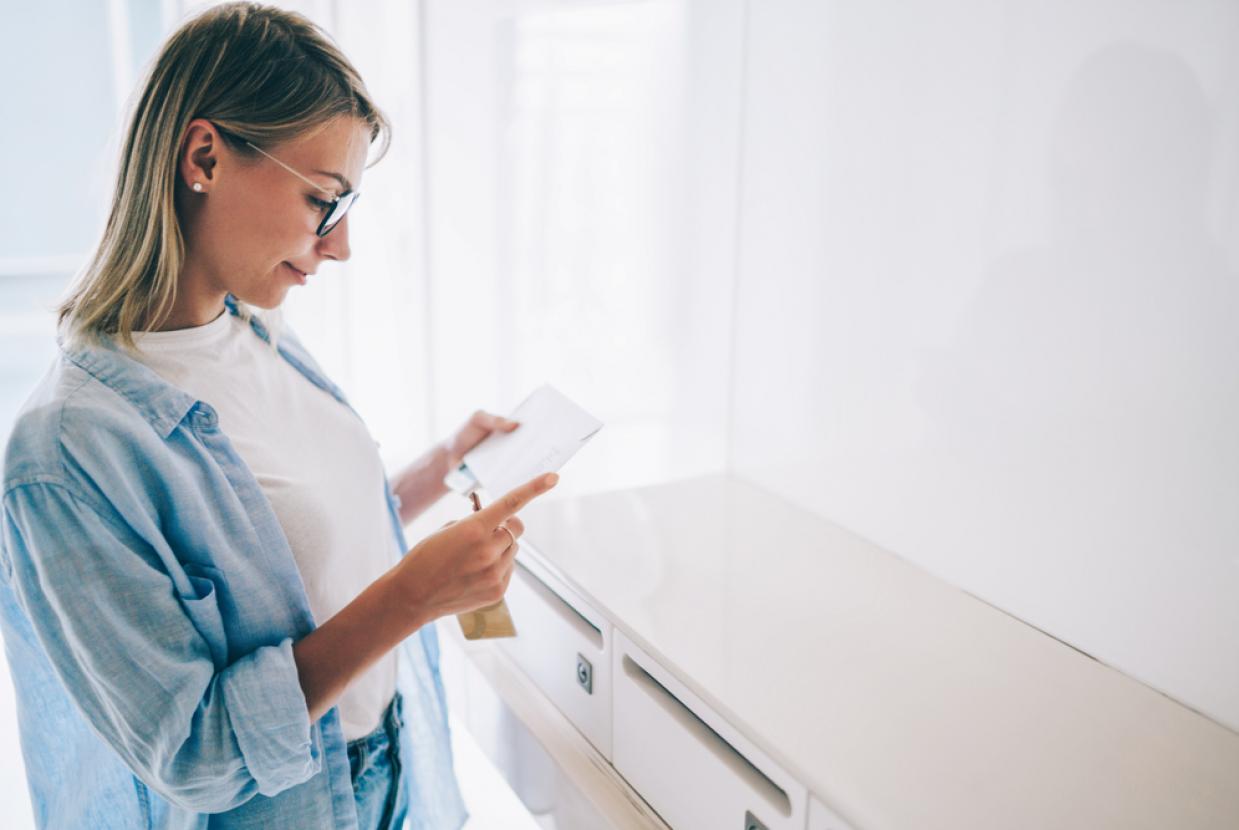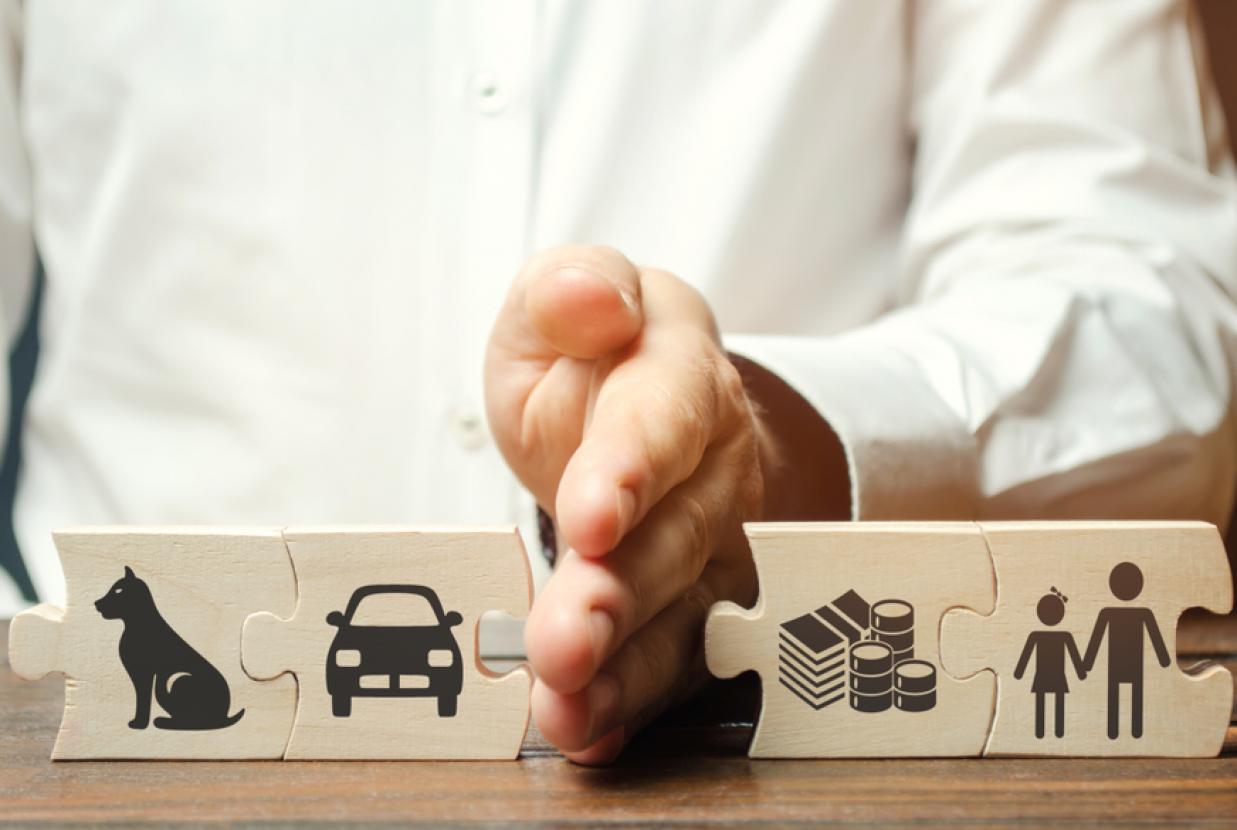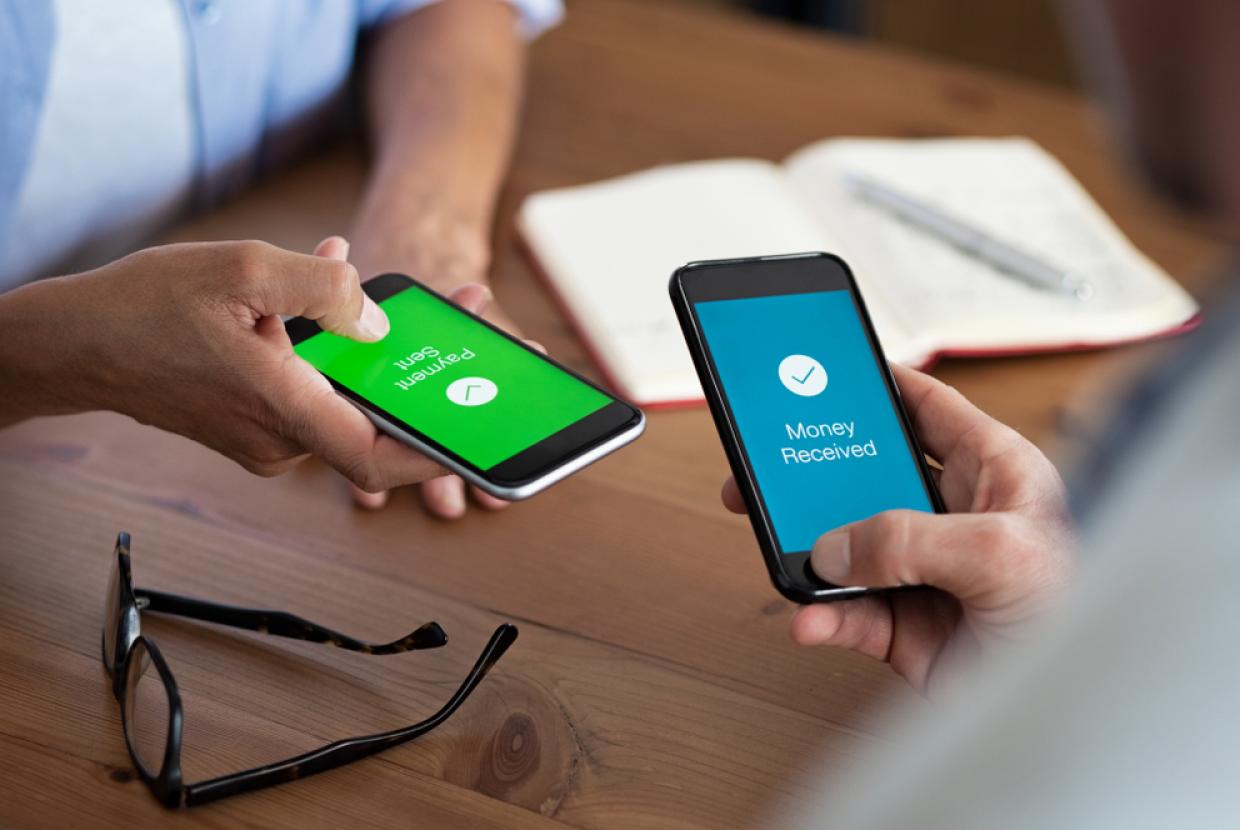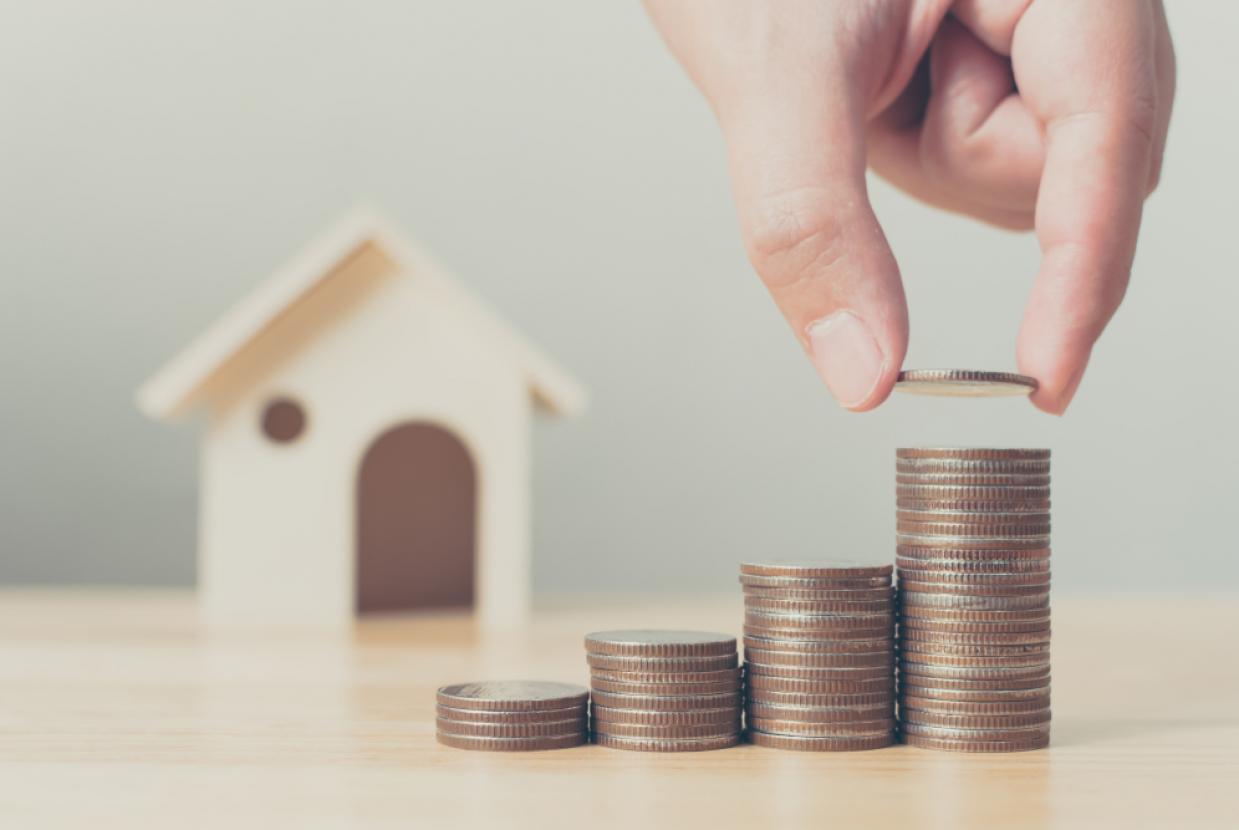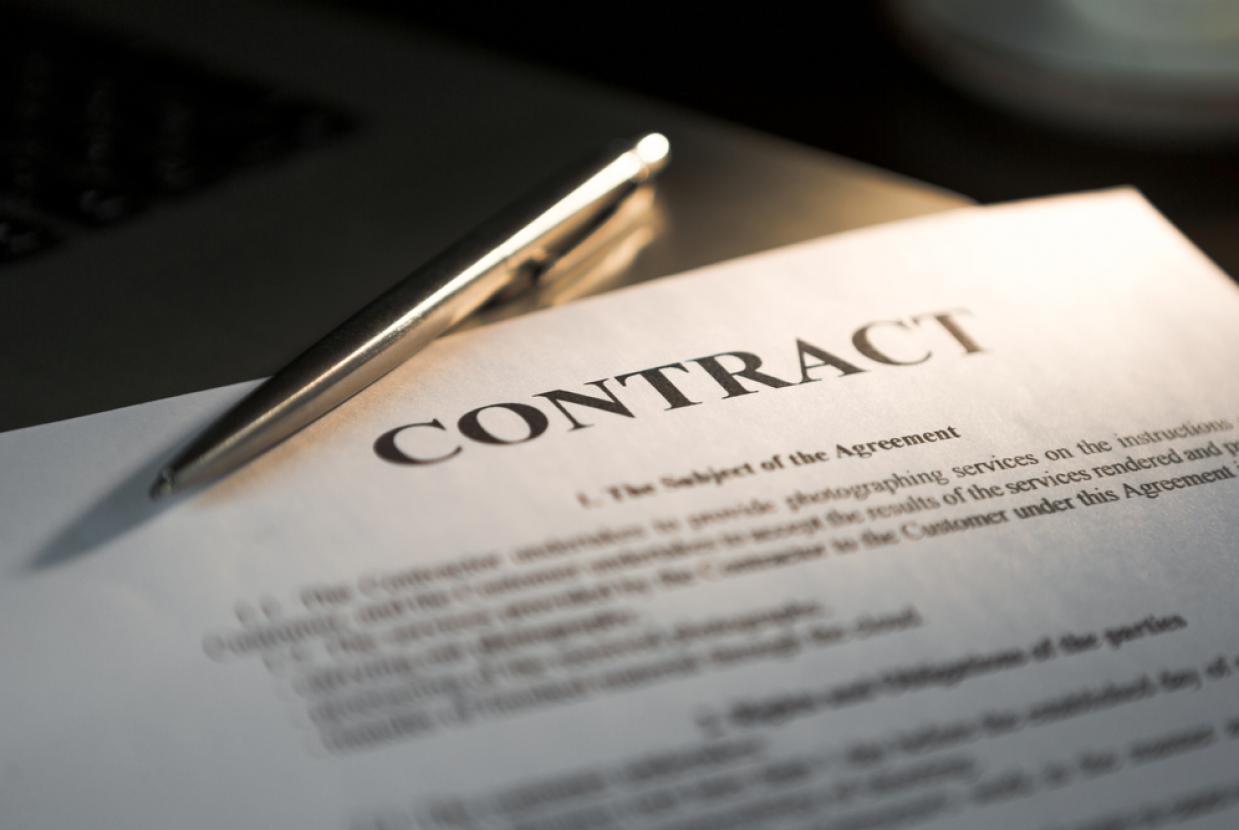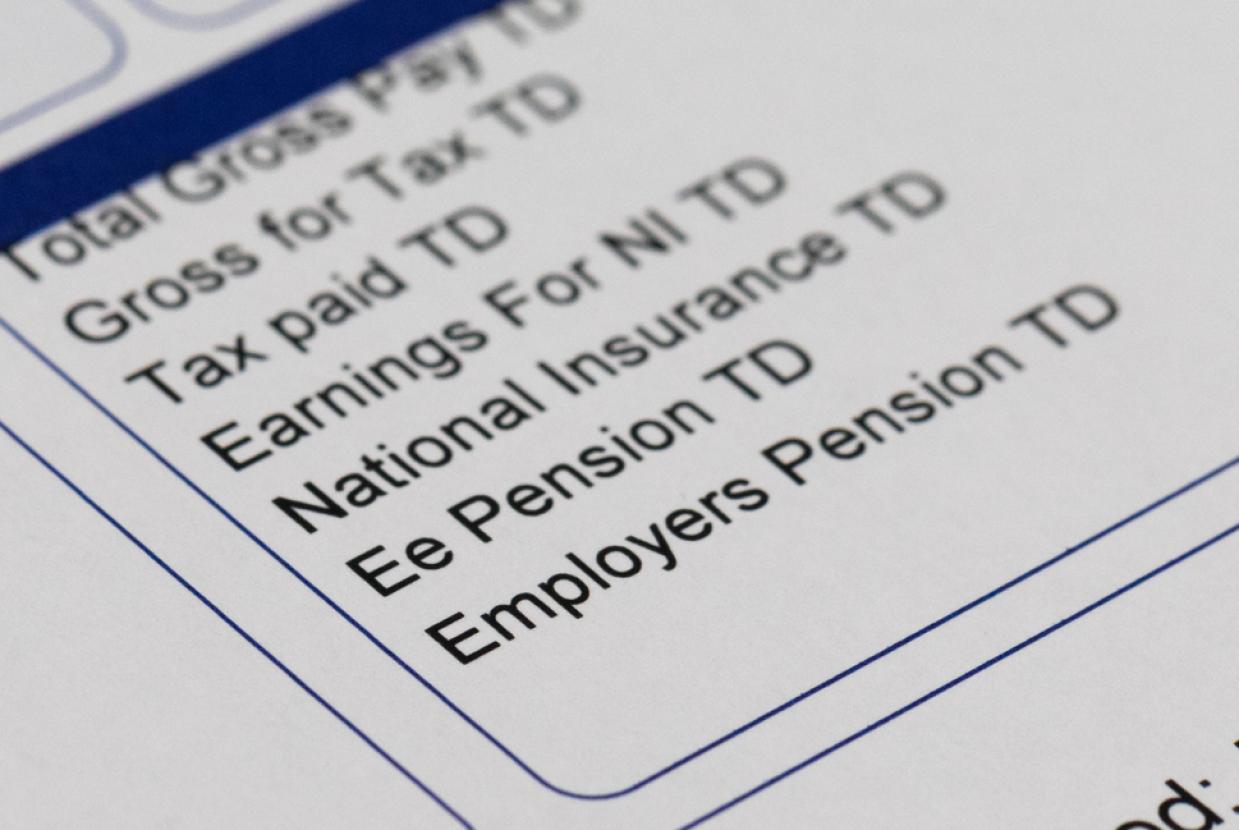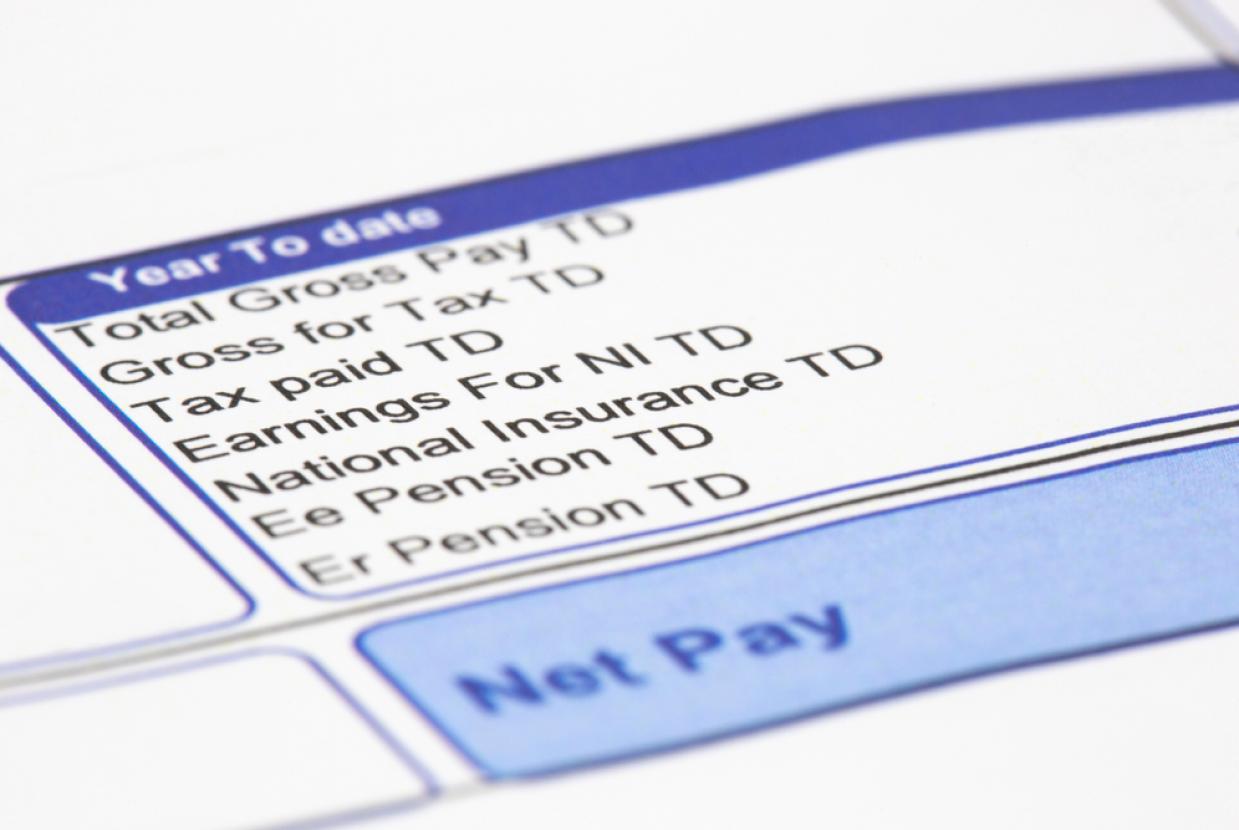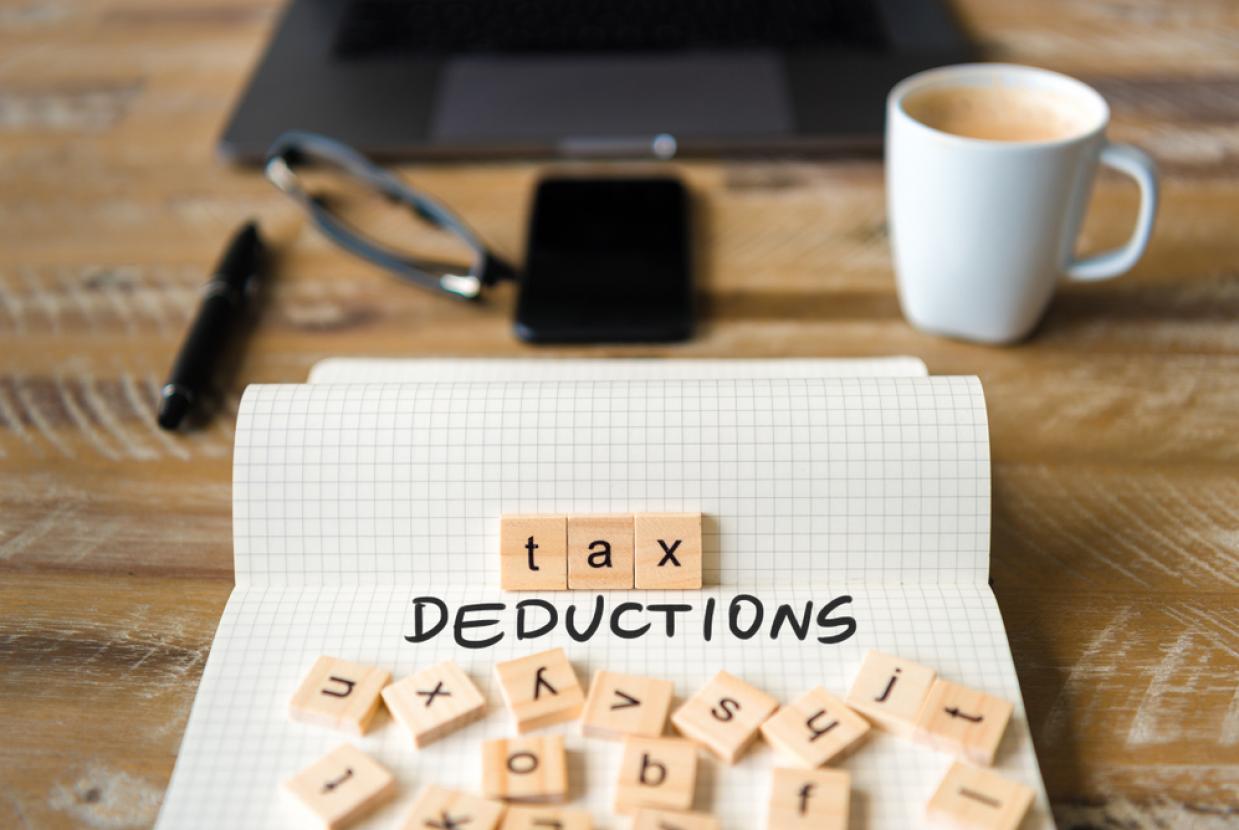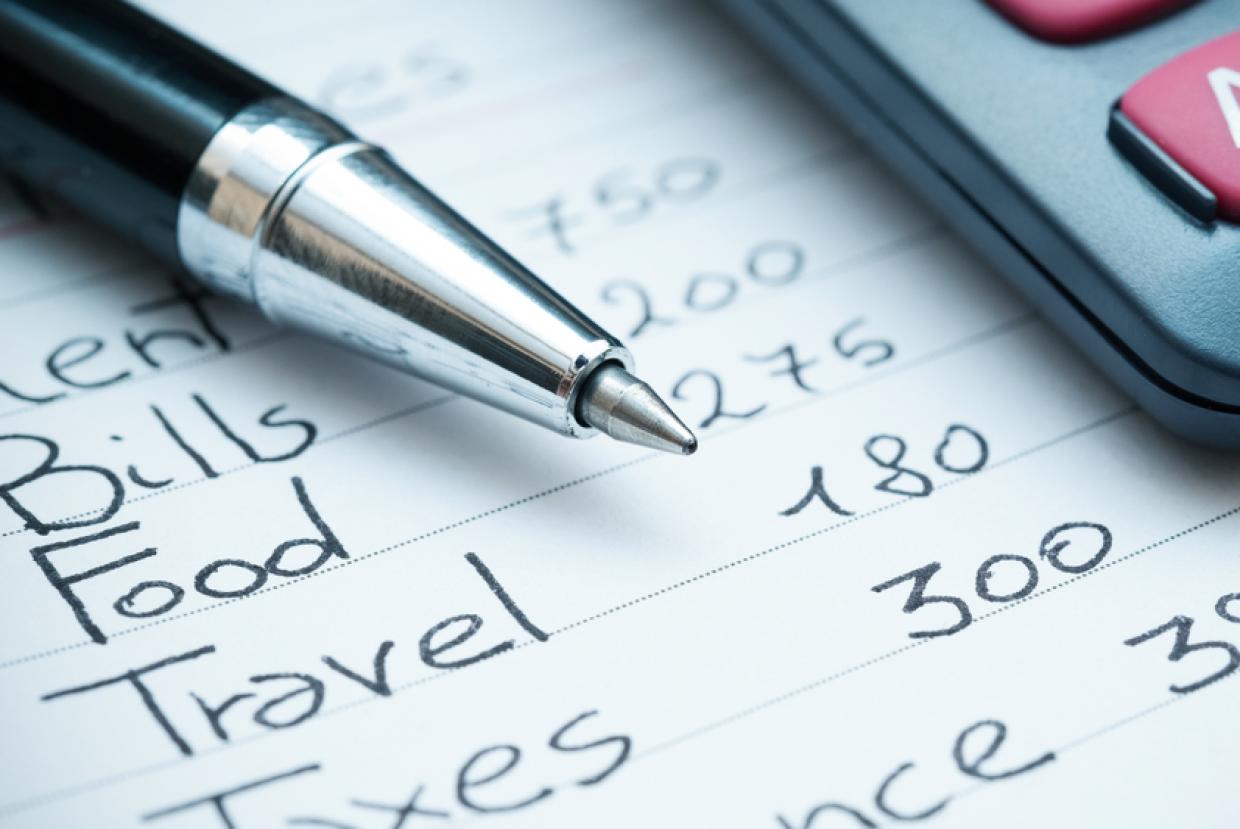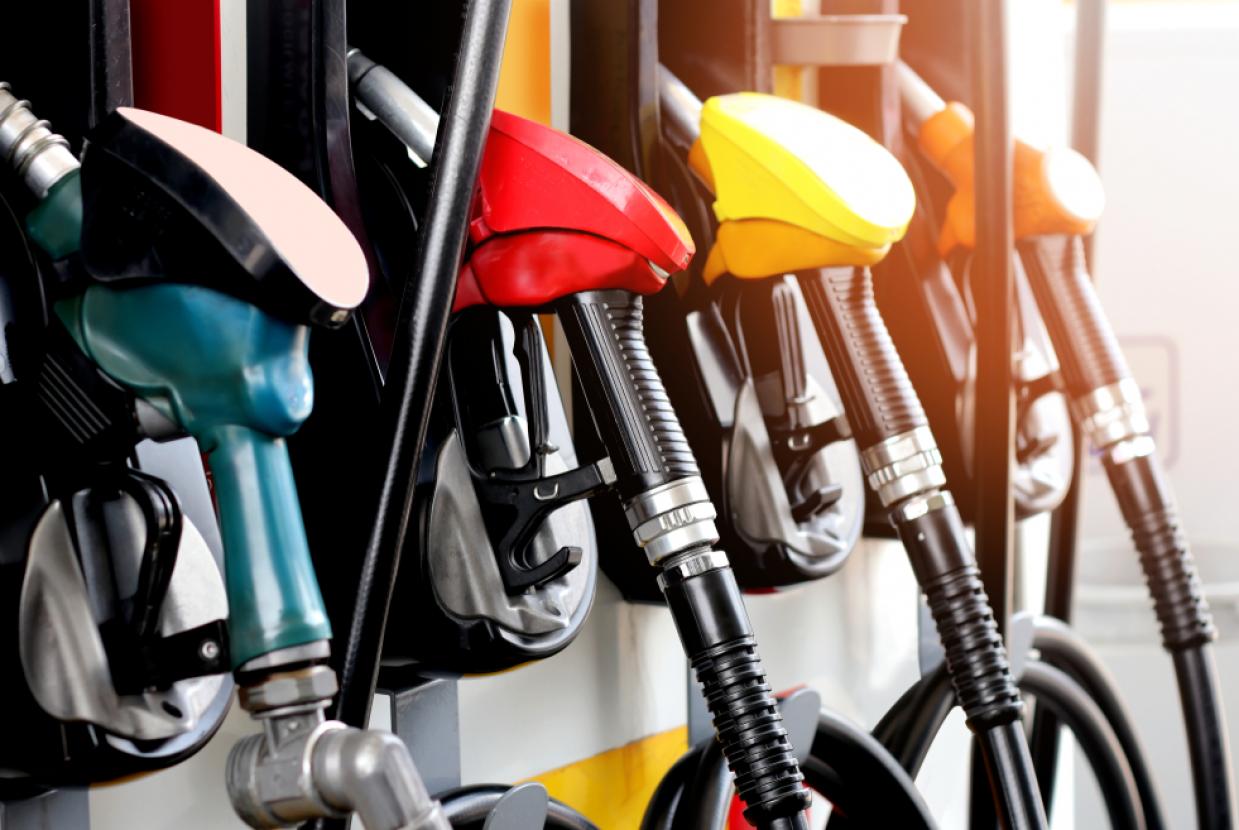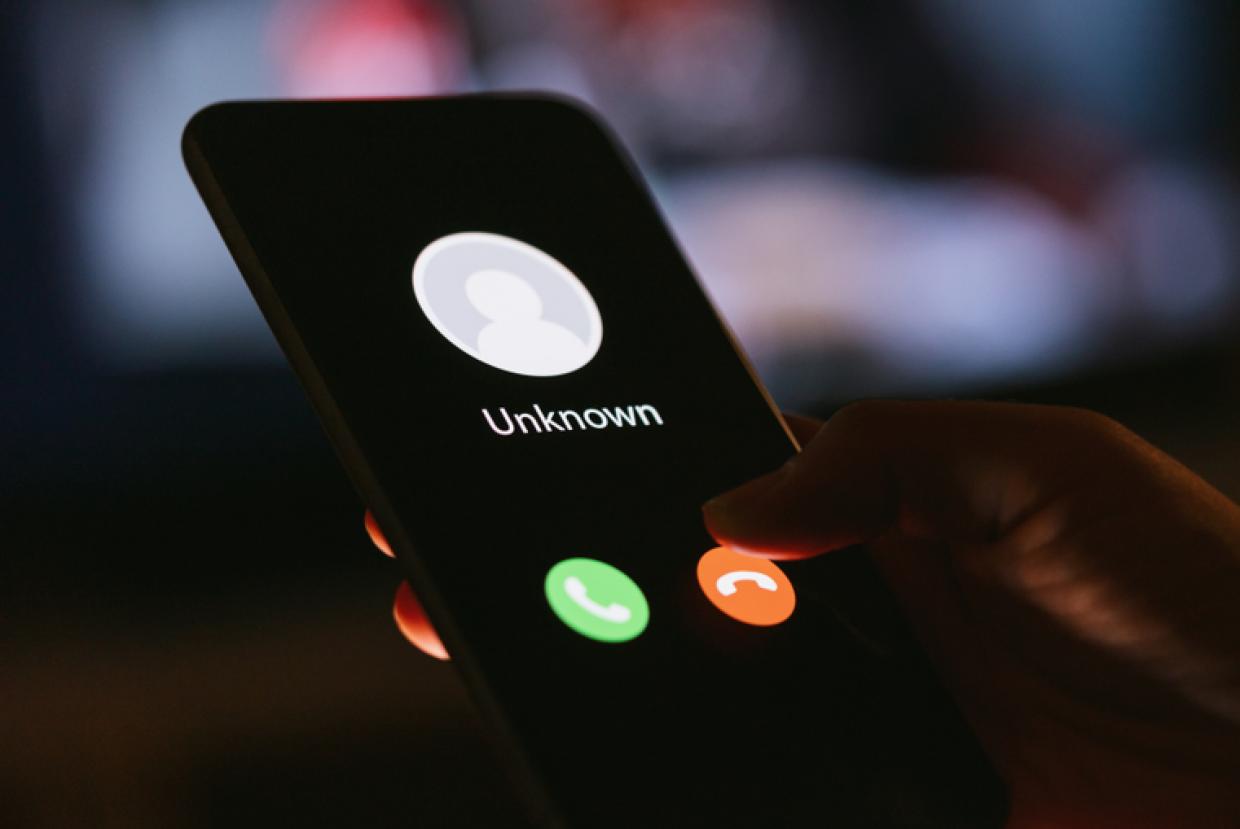How To Budget For A Car And Running Costs
Buying a car is one of the biggest purchases you’ll make. But the costs don’t stop with the car itself, you also have to budget for running costs and any unexpected bills.
Work out your budget for buying a car
Your budget will determine whether you can buy new or used, and how much you can afford in running costs. It’s crucial that you’re realistic about your budget. Over-extending yourself can lead to problems later on – particularly if you have little or no savings and your income drops unexpectedly.
Buying a car
There are a number of different ways you can buy a car, from cash to finance agreements. The best option for you will depend on:
- your personal circumstances
- how much you want to spend on the car
- if you’re buying new or second-hand.
Work out the running costs
When you’ve worked out how much you can afford to spend on buying your car, make sure you can also afford to run it. UK motorists spend, on average, more than £2,500 a year on running costs. This includes fuel, insurance, servicing and tax.
Getting the best deal on car insurance
Insurance is a legal requirement and is likely to be the biggest running expense. The cost of insurance depends on a wide range of factors, including your driving history and the kind of car you’re insuring.
Plan for the unexpected
It’s important to have a financial back-up plan for if something goes wrong. Even so, most people don’t actually have one. If you buy your car through a loan or car finance plan, there are many ‘what if?’ situations which could make it difficult for you to keep up the payments.
This can be anything from a major event such as job loss, divorce, accident and illness, through to repairs to your home and household equipment breaking down.
Help shield yourself against their financial impact by making sure you:
- have Insurance policies covering your health, your house and contents, accidents and unemployment
- develop an emergency fund – savings to cover at least three months of expenses
- know if you need GAP insurance.
If you pay for your car in cash, you won’t have the worry of meeting monthly car payments. But you if this little or no savings as a result it would make it difficult if you have an unexpected bill. However, you own your car so you’re free to sell it to raise money if necessary.
Further MoneyHelper Articles


